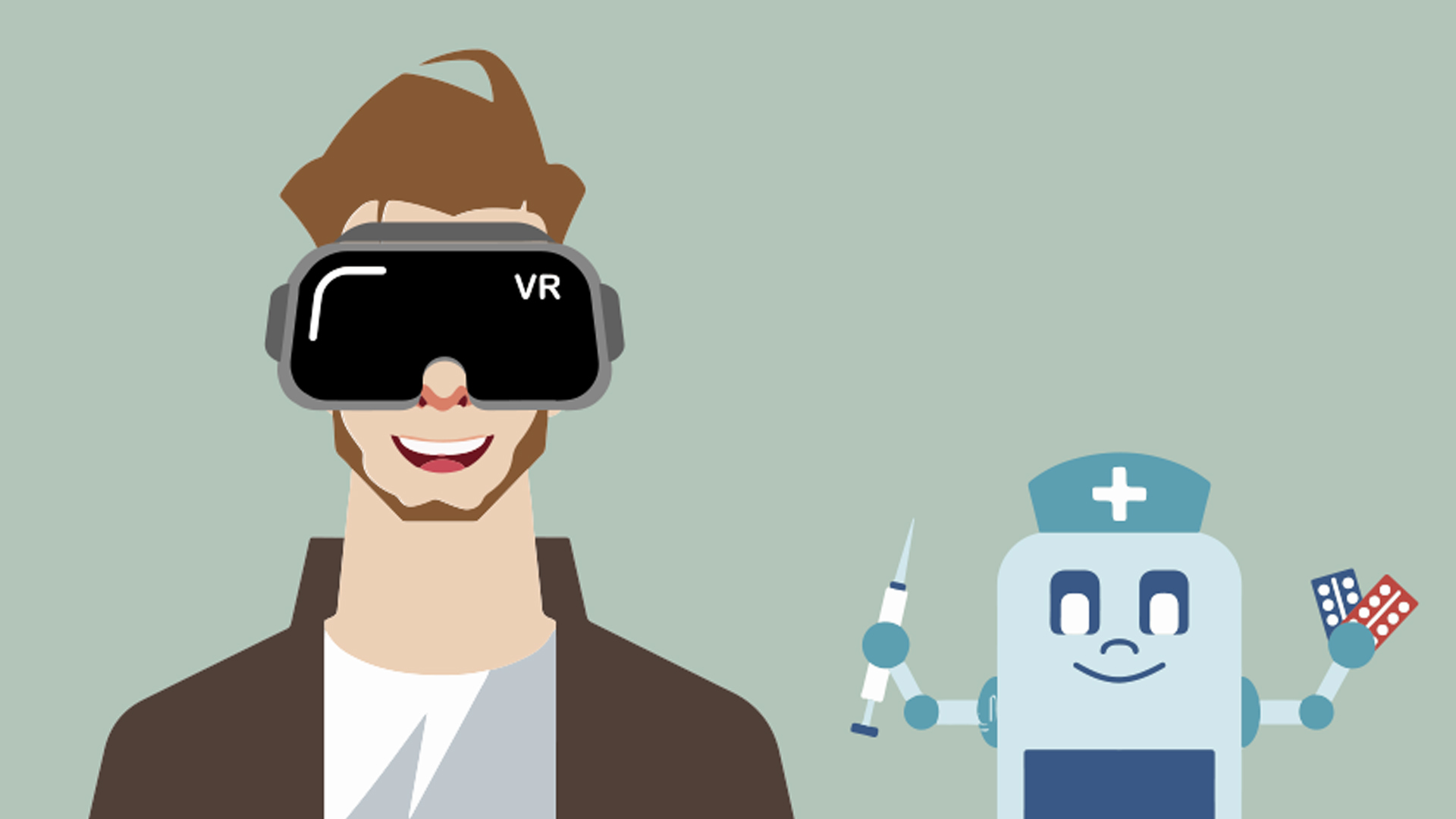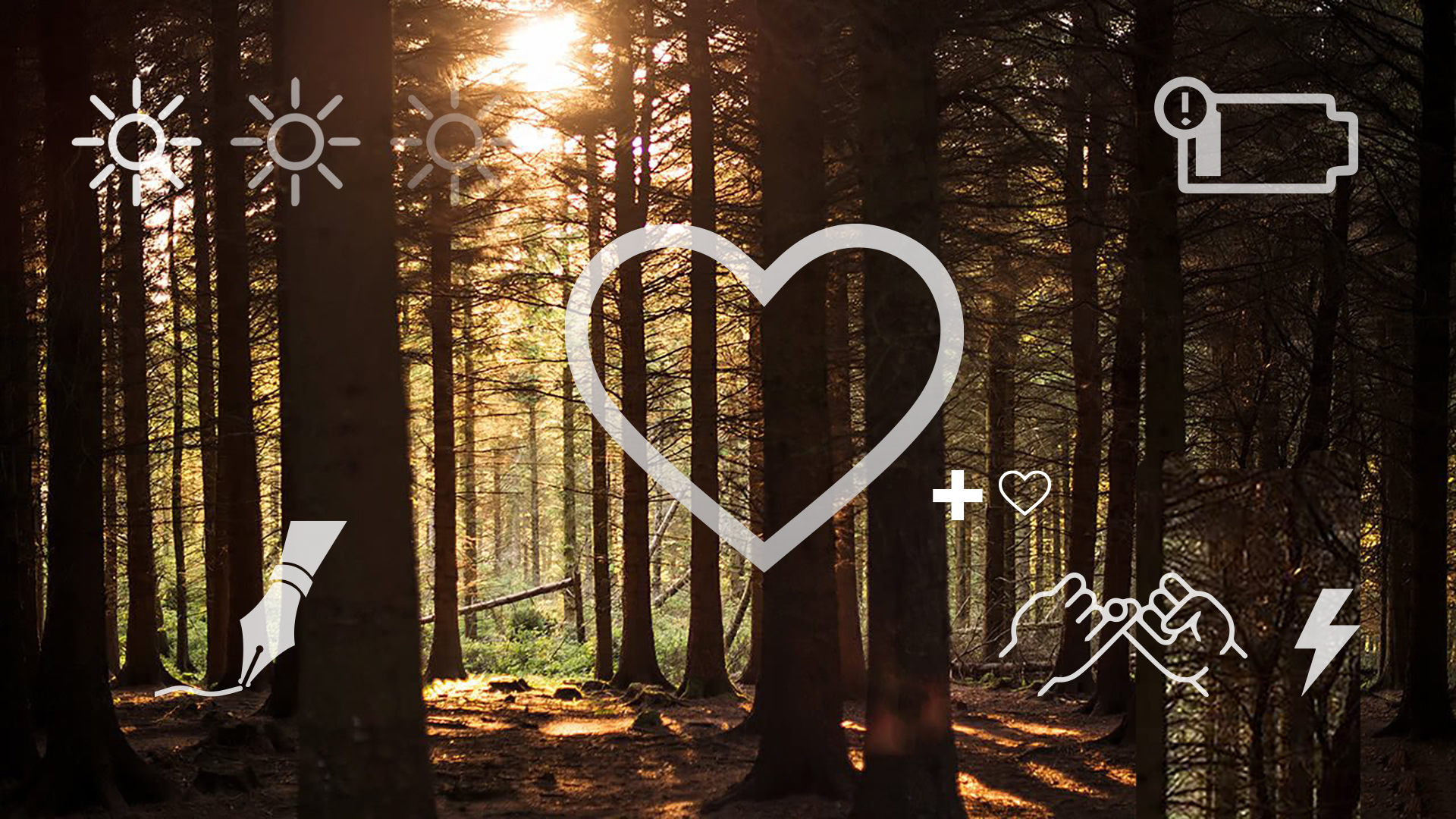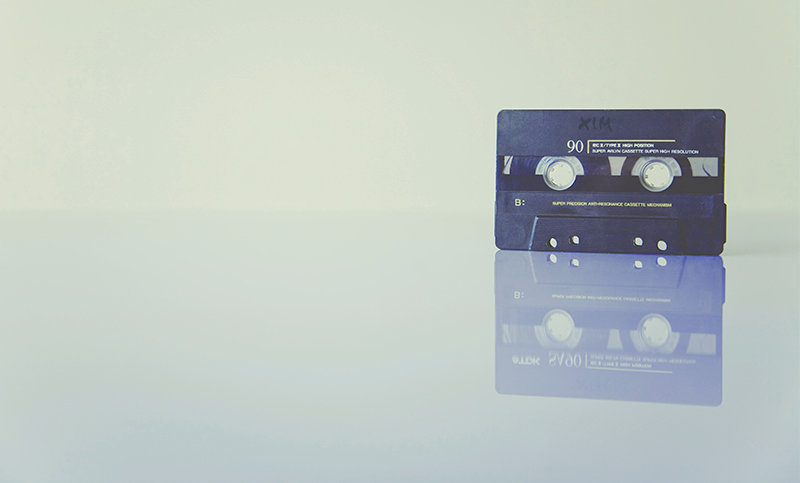We often take good health for granted. But we’re also totally curious about how our wondrous handheld mobile technologies can help – even if they can all to easily be dropped in the toilet. Things move so quickly in the tech world. Old tech goes out of style, the latest must-have comes in and the trendsetter’s scythe is remorseless. Here’s our round-up of the next generation of innovative personal health tech.
Have you ever considered what’s beyond the mundane email, social media and photo apps we use as part of our daily routine, maybe more in line with the Blade Runner, iRobot-esque sci-fi fantasies read? What about our health? What about our wellbeing? What about our psyche? If we’ve got you wondering, here’s a few possible answers to make you pause and reflect on how friendly tech can help you figure out your own health.
Virtual Reality Headsets
Up first we’re off to see the Wizard! Or rather, you are in your Virtual Reality headset. VR isn’t anything new, but it’s certainly a trend that’s standing the test of time. VR has been amazing for video games, building and design, and so much more. Being able to craft a whole other world only you can see has a certain charm to it. You can even avoid the nosey old lady next to you on the train… ah the bliss! But it doesn’t stop there as there’s now lots of research into VR’s role in mental health.
Studies suggest VR can be used to help treat depression and anxiety. Scenes of peace and tranquillity can ease your mind and help you focus on getting into a better head space. Being anxious is not what you want on a day to day basis: it’s bad enough wondering if you left the hob on, or the dairy milk in reach of the dog without having to worry about everything and anything. This use of VR technology could be a revolutionary way to start the healing process and help you get into a calmer state. But to be honest, even if you use it to scare your little brother or to drown out your Aunty Doris, I’m not judging.
Find out more about Mental Health VR
Muse Headband
Next up is the Muse Headband. Gladly it’s not actually a Muse tribute band nor is it a wireless pair of headphones that only plays Muse songs. But jokes aside, the Muse Headband is an incredible piece of technology. The Muse band is all about helping with your anxiety, but unlike the VR headsets, it’s based on biofeedback and audio.
In form it’s a slim and sleek ‘brain sensing’ headband, designed to help you create a calm state of mind, and includes meditation to keep you grounded and centred. It can diagnose overactive brain activity and prescribes guided breathing exercises and sound combinations, based on what you need and how you’re feeling. This alters your brain’s response to certain sounds and is said to help clear the mind and keep you focused. Ultimately, it improves your mood. And – why not?- you can kid your family that you paid extra to help you read their minds. That’ll put a smile on your face too. Maybe that’s the real win.
What’s Up?
Rounding off the ‘Mental Health Trilogy’ of this five part saga we have the ‘What’s Up – App’ which is not an instant messaging service and unfortunately not an app that shows me obscure 90’s TV adverts (Whazzzzzzup! No? Ok). Despite that setback, I’ve concluded this app is still an incredible invention. It’s easy and free to download (…bargain) and is designed around two types of therapy – CBT (Cognitive Behavioural Therapy) and ACT (Acceptance Commitment Therapy); these are types of talking therapies proven effective against depression and anxiety.
The aim of the app is to help you help yourself. It has a habit tracker, both positive and negative. One of my favourite features from the app is what they call the ‘Get Grounded’ page. A self-diagnostic, this page has hundreds of questions to help you figure out exactly what’s wrong and how best to help you feel better. It’s all about self care and in my humble opinion is a brilliant idea. So if ever you’re not feeling 100% grab your phone or tablet and ask yourself, What’s Up?
My Heart Counts
Taking the number four slot here is another healthcare tech focused on helping you taking care of yourself. Heart disease and subsequent heart failure is the world’s biggest killer. As Al Green says: How do you mend a broken heart? Well for starters, there’s this free iPhone app. Designed by scientists from across the pond at Stanford University, MyHeart Counts is a citizen science project and health tracker in one. MyHeart Counts gives you medically proven exercises that are good for your body and good for your heart, tips on healthy living and even reminders and small tasks to do daily even if it’s just a little thing like getting off the sofa and going for a walk. At the same time, it collects massive amounts of data from its smartphones users. to understand which interventions are most effective. The app gives back in other ways too – with charts and graphs to inform your personal progress. This app will help you get on track and keep you and your ticker, ticking along nicely. Somebody tell Mr Green I think I have an answer for him!
Find out more about MyHeart Counts here
And here we are folks, this is it. The end, the swan song, the grand finale. This is the last piece of tech that MIGHT save your life tonight. This one might even be the most interesting…
Lio Sensors
It’s definitely the most left field. Researchers Woo Soo Kim and his PhD student Tae Ho Kim at Simon Fraser University have reimagined how humanoid robots could carry out basic human health checks – like your blood pressure – or take care of other close contact medical needs. It’s designed for situations where human contact is difficult or unwise, for instance during a pandemic. Their goal was to put biometric sensors – literally – at the fingertips of humanoid robots. It meant redesigning a dry sensor that could fold and unfold in ways dictated by the movement of the mechanical hand and used Origami, the ancient folding and shaping technique, in the design. Now this technology isn’t quite ready for use yet, but nonetheless I felt it deserved more than just an honourable mention, for tackling a real world problem with genuine innovation. Roll over Doc Brown – you’re not the only cowboy at this rodeo anymore. Great Scott!
Find out more about these Lio Sensors and Tae Ho Kim’s work here.
If you have your own discoveries to share – we’d really like to hear about them. Drop us a comment below.




What do you think?